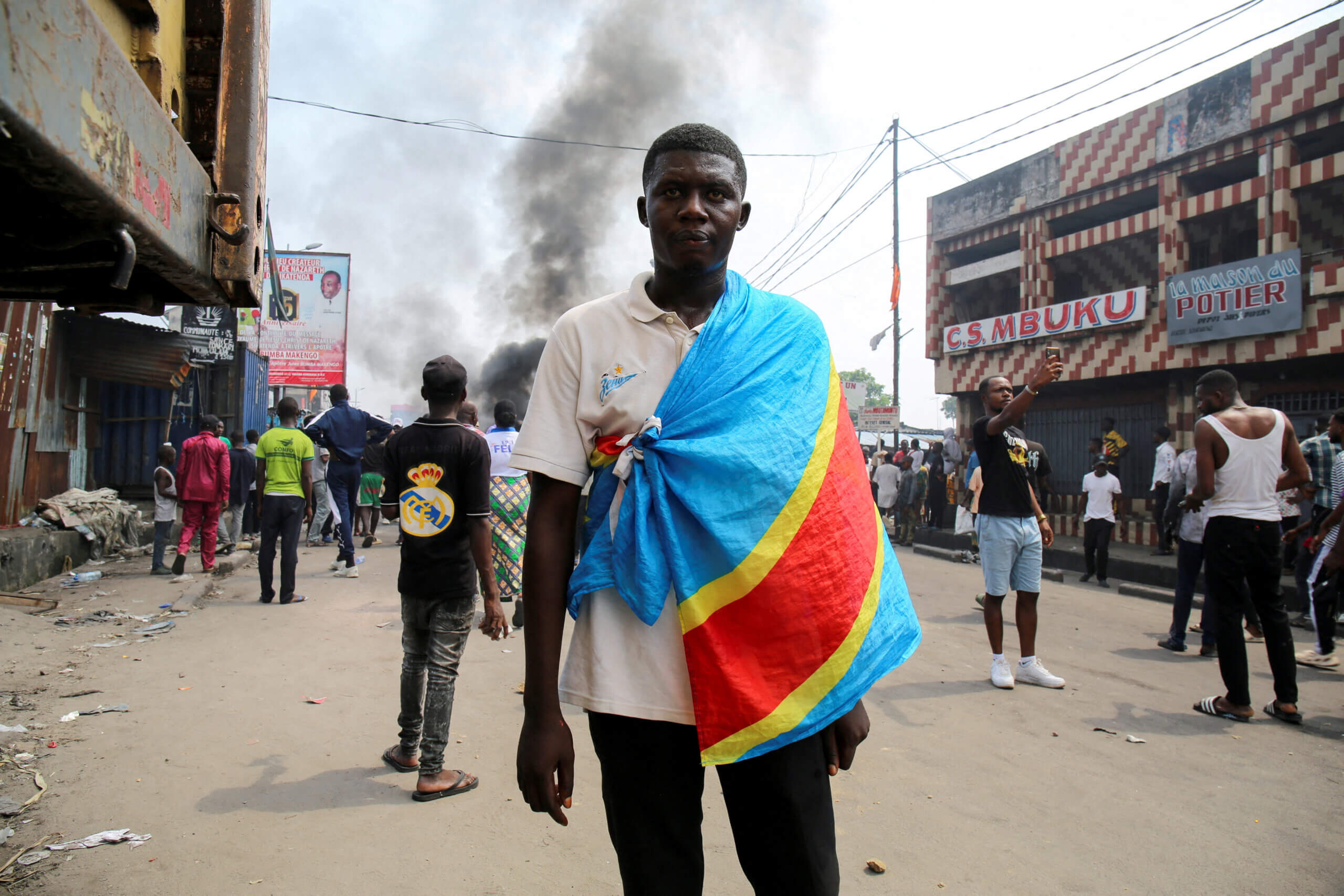Partnerships & Networking hold the key for township empowerment
CAPE TOWN; South Africa — It is absolutely imperative to share and spread information, resources and any other content that can help multi-sector partnerships for township development.
In a development proposal document produced for the re-launching and revamp of a multi-purpose community centre in the early 2000s, then called Phandulwazi Workers Skills Development Project, and now called Phandulwazi Educational & Development Centre, the question of partnership was strongly made.
Situated in 13 Johnson Ngwevela Street in Langa, Cape Town, Phandulwazi has been in existence for the past 35 years.
During the early stages of the UNICITY in the early 2000s, the process of developing Phandulwazi and townships involved the City of Cape Town’s BSS/Local Economic Development (LED) and Phandulwazi, was meant to be shared with other sectors, with the aim to forging collaborations and co-operations in the empowerment of all township communities.
For example, the purpose of this mission emphasized that it is good practice not to reinvent projects already running in other areas, in Langa, but more so to network from Phandulwazi, for the integration and coordination of projects in the Cape Town metropole.
In addition, the document formulators noted, in the case of Phandulwazi, is that the management plan of the Centre is in need of reorganization and open and collaborative planning should be done in meticulous style.
Suffice to say, all NGOs, Community Based Organizations (CBOs) and various community structures need each other to launch their management plans and the start of their revitalization programmes, especially now after the Covid-19 lock-downs.
Before the global pandemic the norm was that these social enterprises operated mostly in isolation and many if not all would have felt the impact of seeking to achieve their aims and objectives working mostly ‘silos’.
In effect, according to Phandulwazi’s broader mission and vision, comes in handy here as it provides a way forward of how to jump-start the process of collaboration and co-operation for township development.
Phandulwazi’s broader Mission & Vision states: To develop, nurture and train residents and others to become economically self-reliant, to build the community and to impart to others, skills, knowledge, and a user friendly networking nerve centre for socio economic development.
While Centre’s goals include: to sustain the current projects and improve the quality thereof; to create new projects according to the needs of the community; to ensure that Phandlwazi becomes self sustaining financially; and to build a ‘Networking’ component at Phandulwazi, so as to ensure direct supportive links with other NGOs & CBOs.
Moreover, another crucial aspect of the document is the Solidification Phase.
This phase is rooted in the Langa area, and Phandulwazi is meant to be marketed to business persons, schools, NGOs, CBOs, including Faith Based Organizations (FBOs), scout groups, girl guides, youth, & women groups among others.
In addition, there’s the Implementation Phase: Courses will run on a time set by the Management Committee.
And the participants will be encouraged to be part of the schedule decision-making so as to enable their own time demands to be considered in the Centre training.
All sections will focus on production workshops for income, and will take in trainee/apprentices in phases.
These workers can then participate in the production of quality goods; learning both the technical craft as well as the marketing aspects of the craft.
Phandulwazi notes that a lot of these goal have been achieved and/or are also unfolding due to various factors involving challenges of funding; including the Covid-19 pandemic.
However, efforts are ongoing to properly research the demands of training in the technical trades with in Langa, and the other township communities.
Phandulwazi also notes, future prospects to expand the Centre programmes to other sites is based on this market demand for training.
Relationships have been established with the community of Langa, to solidify Phandulwazi as a more ‘community centred entity’.
In this regard, should this process be implemented continuously then the community would have developed another layer of governance of its affairs, explains Phandulwazi.
With the broader expansion phase being that Phandulwazi reaches outside the metropole to other NGOs, CBOs, FBOs in the Western Cape province and elsewhere, the networking element of Phandulwazi then
kicks, as by this phase, where Phandulwazi approachs an expansion phase with links to Provincial Government, Dept of Labour, Western Cape Education Department and others.
And by this time they should all be working towards venture projects, says Phandulwazi.
For job creation purposes, this process should lead to the establishment of businesses such as coffee shops, stalls, Saturday morning markets, craft shops (exporting).
Facilities are also used for indoor sport & recreational purposes like Karate, Gym, Dance, drama, Music and other recreational activities.
Phandulwazi also encourages its counterparts to build strong ties with its stakeholders, such as Unicity, corporates, community structures, Banks, Foreign funders such as the British Council, Saudi Arabia, US,
China & UK.
On Public relations: Liaising between the Phandulwazi and the community structures, potential employers and other self-employed businesses is ongoing. The Centre, within its capacity, focuses on building appropriate relationships for both technical as well as social objectives aimed at helping the unemployed to improve their lot.
Furthermore, Phandulwazi has shared its plans of accelerating its programmes of a possible partnership with a Cape Town training & coaching group.
The group said to Phandulwazi: “We believe that a partnership between our two organizations could have a transformative impact on the educational landscape.
We strongly believe in the power of educational learner-ship to create a positive and lasting impact on the lives of individuals seeking to enhance their skills and knowledge.
By combining resources and expertise, we can jointly develop a program that empowers young learners with the necessary tools and experiences to succeed in their chosen fields. Here are some key aspects of our envisioned partnership:
Comprehensive Learner-ship Program: Together, we can design a learner-ship program that encompasses both theoretical learning and practical experiences, ensuring a well-rounded educational journey for
the participants. By leveraging our respective strengths, we can provide a rich learning environment that fosters growth and development.
Networking and Mentorship Opportunities: Our partnership can create networking platforms and mentorship initiatives, connecting learners with professionals from both our organizations. This will offer them guidance, support, and exposure to various career paths, ultimately enhancing their prospects in the job market.
Collaborative Marketing and Outreach: By joining forces, we can effectively promote the learner-ship program to a wider audience. Through our combined marketing efforts, we can attract more aspiring individuals and ensure that this transformative opportunity reaches those who stand to benefit the most.”
Workshops, seminars and Imbizos (community gatherings) have been identified as tools that can things going speedily.
And as the formulators added a while ago that: The sky is the limit in a global economy.
Resources and opportunities should never be neglected and glossed over.




